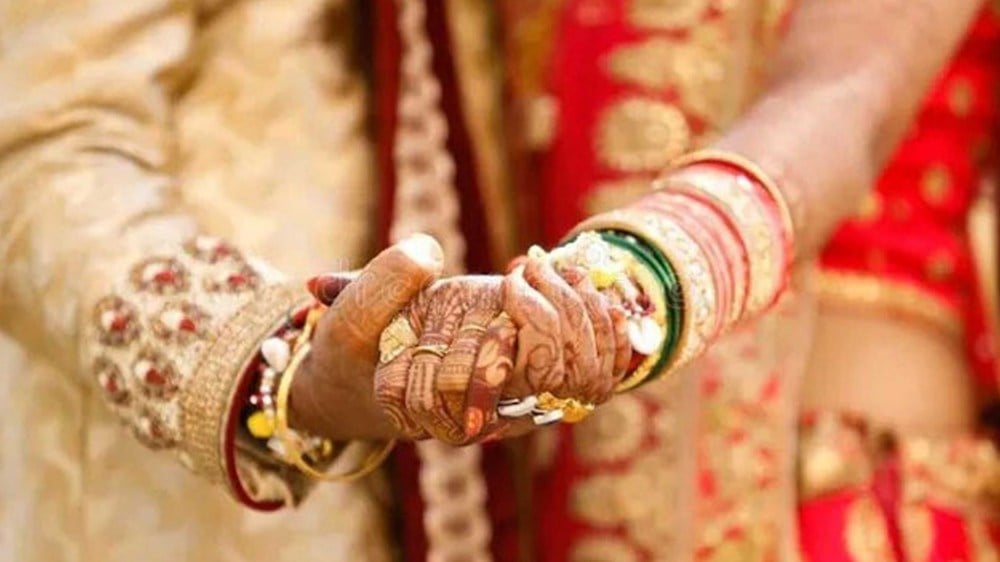
The Supreme Court has made important comments on the Hindu Marriage Act. The Supreme Court has made an important comment while giving its verdict on the divorce petition. The Supreme Court has said that youth should take care of the sanctity of the institution before marriage. The court said that Hindu marriage is a sacrament which has its own sanctity. According to the Supreme Court, marriage is not an event of 'dancing, singing' and 'eating and drinking'. The court said that mere registration does not make a marriage valid. To solemnize the marriage, all the rituals (mantra chanting, Saptapadi etc.) should be followed.
What did the Supreme Court judge say?
A bench of Justice BV Nagarathna and Justice Augustine George Masih said that all couples must participate in the prevalent customs and ceremonies prescribed in Section 7 of the Hindu Marriage Act, 1955. It is also the responsibility of the priest performing the marriage to ensure that the bride and groom complete all the rituals. The court made this comment during the hearing on the wife's petition. The woman has sought transfer of the divorce proceedings. While the trial was still ongoing, the husband and wife jointly declared that their marriage was not valid. Claimed that he did not perform any marriage as he did not perform any rites, rituals or ceremonies. However, due to certain circumstances and pressure they had to register the marriage. The Supreme Court found that no marriage had actually taken place, ruling that there was no valid marriage. During the hearing, the Supreme Court made some important comments regarding Hindu marriage. So know 5 important comments of the Supreme Court on marriage.
- 'Hindu marriage is a rite and ritual which should be given the status of an institution of great value in Indian society. Therefore, we request young men and women to think deeply about the institution of marriage and how sacred this institution is in Indian society.
- 'Marriage is not an occasion for 'singing and dancing' and 'eating and drinking' or demanding dowry and gifts and dealing with undue pressure. Marriage is not a commercial transaction. This is a sacred initiation ceremony.
- The Supreme Court also cited cases where couples registered their marriage under Section 8 of the Hindu Marriage Act for 'practical reasons', even though the marriage was not actually solemnized. The court cautioned against this and said that mere registration does not make a marriage valid. The court urged not to trivialize the institution of marriage.
- 'Besides providing a mechanism for registration of marriages to confer the status of a married couple and confer personal and permanent rights, the Hindu Marriage Act, 1955 gave special place to rites and ceremonies. This means that the important conditions for a Hindu marriage ceremony must be followed strictly, strictly and religiously.'
- “Honest conduct and participation in religious rites and ceremonies must be ensured by all married couples and the priests performing the ceremonies under Section 7 of the Hindu Marriage Act, 1955.”
 look news india
look news india